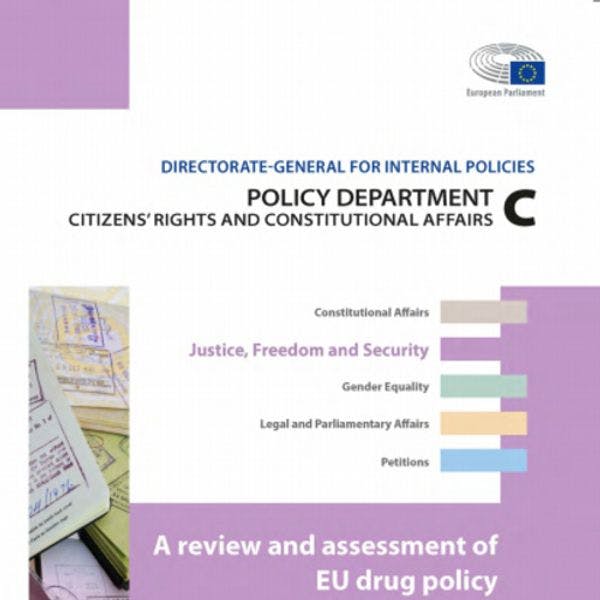Une revue et une évaluation des politiques des drogues de l’UE
Cette étude vise à fournir des données scientifiques sur les approches internationales, et au sein de l’UE, en matière de politique des drogues, notamment sur les défis émergents et en se concentrant sur des études de cas menées dans plusieurs pays. Pour en savoir plus, en anglais, veuillez lire les informations ci-dessous.
Abonnez-vous à l'Alerte mensuelle de l'IDPC pour recevoir des informations relatives à la politique des drogues.
The main tenets of the UN’s approach to drugs are the 1961 UN Single Convention on Narcotic Drugs, the 1971 UN Convention on Psychotropic Substances and the 1988 UN Convention against illicit traffic in Narcotic Drugs and Psychotropic Substances. A key UN policy document is the 2009 ‘Political Declaration and Plan of Action on International Cooperation towards an Integrated and Balanced Strategy to Counter the World Drug Problem’. This document details a set of goals to be achieved by 2019, including significant and measurable progress in eliminating the illicit cultivation of opium poppy, coca bush and cannabis plant, as well as actions to be implemented by countries across three main pillars. In April 2016, the UNGASS on the World Drug Problem was convened; a UN General Assembly special session seen as an important milestone in achieving the goals set out in the 2009 policy document. The UNGASS resulted in the adoption of the outcome document ‘Our joint commitment to effectively addressing and countering the world drug problem’. This document provided a range of operational recommendations and broadened the original pillar structure to 7 pillars (see chapter 2). Several new themes were added including drugs and health, drugs and human rights, new drug related challenges such as NPS and use of the internet, and international and development related cooperation.
At the EU level, although the primary onus for developing drug policy and legislation remains with the Member States, there are a several legal bases for EU action, as stipulated in the Treaty of Lisbon. These cover the context of adopting minimum rules on the definition of criminal offences and sanctions on serious organised crime (Article 83 TFEU), public health (Article 168 TFEU), the internal market (Article 114 TFEU) and judicial cooperation in criminal matters (Articles 82-86 TFEU).
In terms of EU policy, the most prominent current instrument is the EU Drugs Strategy 2013-2020. The Strategy provides the overarching political framework and priorities for EU drug policy. The EU Drugs Strategy has 5 main objectives, namely to reduce demand and harm, disrupt the drugs market, discourse and analysis, cooperation, and research and monitoring.
Keep up-to-date with drug policy developments by subscribing to the IDPC Monthly Alert.
